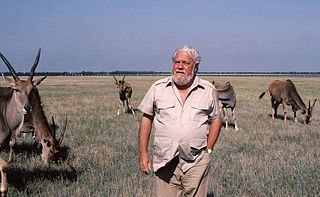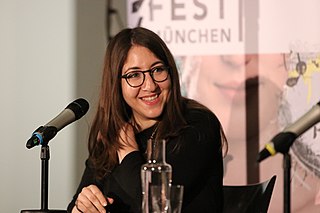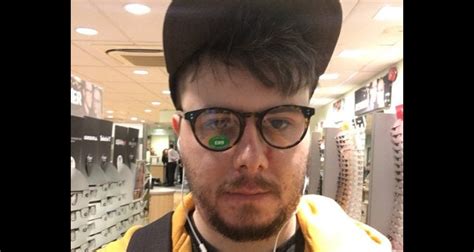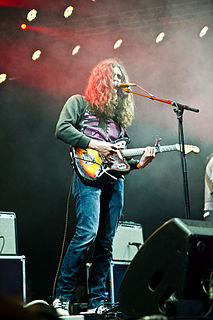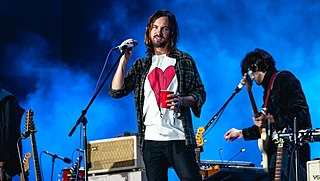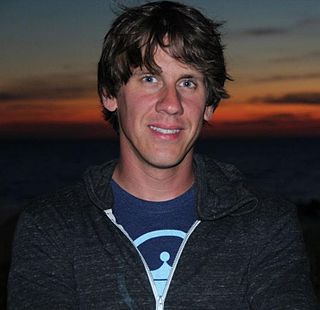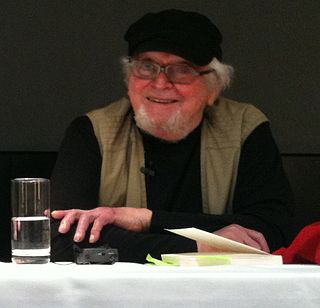A Quote by Ken Jennings
There’s just something hypnotic about maps.
Related Quotes
What is it about maps and globes that seems to require our undivided attention? I've spent hours looking at maps of places I will never see and maps so old that they are a record of nothing but the faintest glow of the past. Perhaps they turn us into gods, letting us look down at the insignificant drones that occupy the earth. Or maybe they simply feed off our hunger to go off into the unknown. Venturing off to places where people don't chain themselves to tedious jobs and financial debts but places of imagination, mystery and freedom Perhaps they're just trying to tell us something.
I suspect losing paper maps but gaining GPS and online maps is a similar step function: maps still exist, but they're vastly more useful, not to say permanently up to date, in their new form. Again, I won't be shedding any tears, but I'll keep a paper road atlas in the back of my car for another few years, I think, Just In Case.

